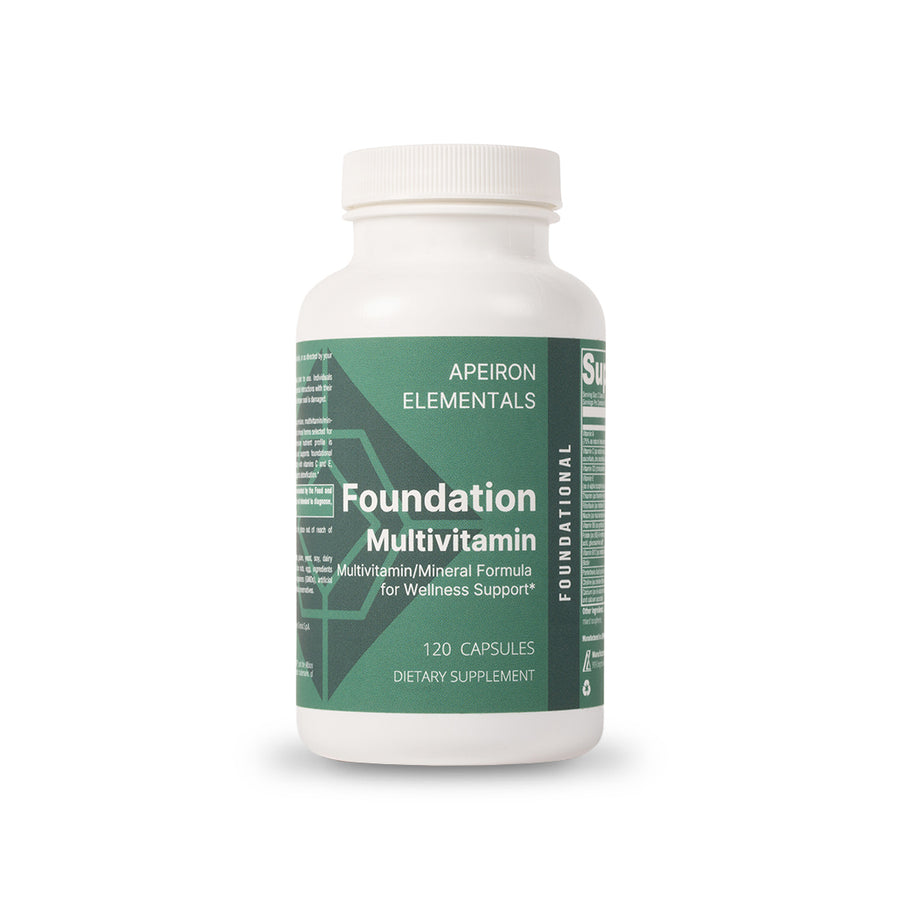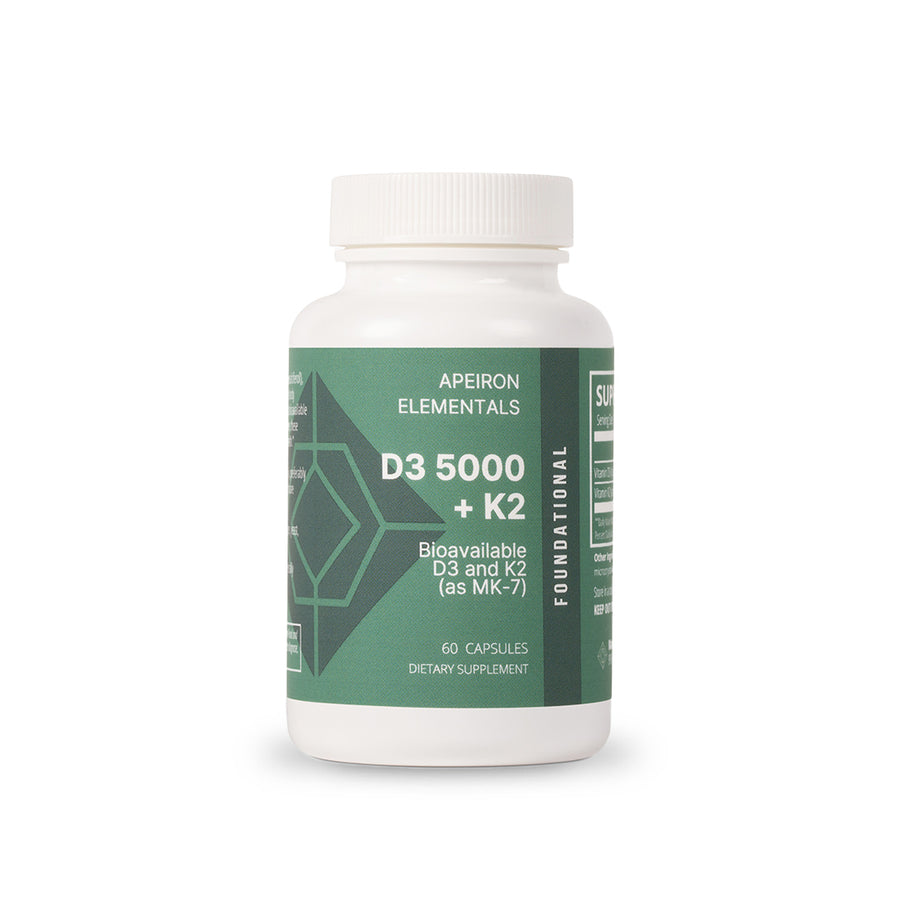
BPC-157 + TB4-Frag
60 Servings
Synergistic duo often referred to as the "Wolverine Stack"
- Assists the body's repair processes*
- Supports joint and muscle health*
- Supports a healthy inflammatory response*
- Based in the USA 🇺🇸
- Physician backed & formulated.
- Manufactured in cGMP certified facilities.
- Third party lab tested peptides.
What Customers Feel After 30 Days
Average rating 4.8/5 from 61,000+ verified buyers.
Individual results vary. Statements not evaluated by the FDA
Products You Can Trust
Four pillars to protect your health at every step.
Scientifically Supported
Premium
Ingredients
Physician
Formulated
Rigorous
Standards
Developed by Doctors. Trusted by experts.
Longevity leaders Dr. Dan Stickler and Dr. Mickra Hamilton aren’t just optimizing health.
Elementals Best Sellers
Frequently asked questions
See all FAQsBefore using this product it is recommenced to consult your healthcare professional. If you are taking any medications, it’s important to discuss potential interactions with your healthcare provider. Do not use if tamper seal is damaged.
Our BPC-157 products are manufactured in Nevada in a state-of-the-art, FDA-registered facility that meets or exceeds current Good Manufacturing Practices (cGMP). Quality control testing is carried out at each stage of the manufacturing process, starting with rigorous raw material assessments and continuing through to finished product testing. Our BPC-157 supplements are third-party tested by ISO certified, FDA registered laboratories for purity, potency and contaminates.
Yes, all of our peptide products are third-party lab tested for purity, quality and consistency.
Our BPC-157 + TB4-Frag remains stable in the stomach, however, some reports suggest that the absorption is enhanced when taken after a meal.
No, this product is gluten-free, dairy-free, and soy-free.
Yes! Many peptides lack bioavailability and must be administered subcutaneously. However, BPC-157 and TB4-Frag (SDKP) are some of the few peptides that are bioavailable, allowing them to be effective when taken orally. BPC-157 was identified as bioavailable being naturally present in human gastric juices.
Our BPC-157 Prime includes a highly bioavailable form of curcumin, called tetrahydrocurcumin. This combination offers additional benefits including: Improved acetylcholine production and protection, a more balanced inflammatory response from powerful antioxidant properties, and support of a healthy lipid profile.


































